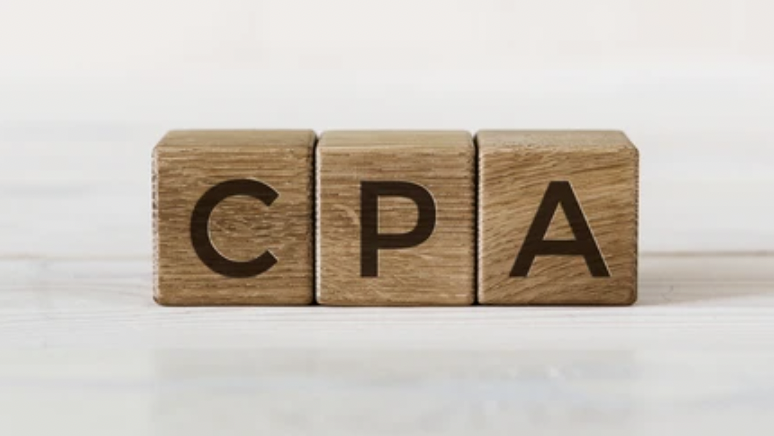Meet the Firms, Coffee Chats, Networking and Everything in Between
/I remember when I recruited for internships last semester and I had no idea what to expect. As a transfer student from a small community college, the recruitment process felt very foreign and at times I caught myself feeling overwhelmed and nervous. If you are feeling the same way, hopefully this article can answer any of your questions and ease the stress that comes with recruiting for internships. However, this article will mostly pertain to public accounting!
What does the recruitment timeline look like?
Generally, fall semester recruiting starts in September going through October and early November. September is usually the time period when applications are being sent in, networking events are held, and it is a chance to become recognizable to the firm’s recruiter. In October is when interviews are held and late October and early November is when offers are sent. For public accounting firms, they hire a year in advance of when you would start. For example, in fall of 2025 you would be recruiting for internships for summer of 2026. Sometimes internships can also be pushed a year out depending on circumstances, i.e pushed to summer of 2027.
For spring semester, recruiting starts in January with applications, February with interviews, and ends early March with firms sending offers. For spring semester recruiting, usually you are recruiting for an internship the following summer.
How do I prepare?
Before you start your recruiting process, it's recommended to revise your resume! When I was recruiting, I had a couple of peers look over my resume and I also scheduled an appointment with the Leventhal Career Center to have my resume revised as well.
Tips for resumes:
Try to quantify your descriptions for your work experiences
I.e “increased sales by x%”
Include your CPA eligibility towards the top of your resume
Use the Marshall format so it is easy for recruiters to view
Resume Resources:
Marshall Resume Guide on Handshake
What is Meet the Firms?
Meet the firms is a career fair and networking event for students interested in accounting, finance, and IT. It provides an opportunity for students to meet recruiters and professionals from various firms (Big 4, mid tier, regional, etc.), while expanding their knowledge of different positions avaliable. Meet the firms is especially helpful in recruiting for internships or full time opportunities. There is usually one meet the firms event in the Fall and one in the Spring.
In addition to having your resume reviewed, we recommend having your elevator pitch prepared that gives a quick introduction to yourself and your background. If you already know which service line you would like to do, you can share with recruiters or professionals what made you interested. It is definitely great to have a couple questions prepared about the firm, service line, or industry to ask about.
How does the Interview Process Look Like?
For public accounting interviews, all the questions are behavioral. Many include questions such as tell me about yourself, tell me about a time when you had to resolve a conflict, tell me a time you had to work in a team, etc. The key to behavioral questions is to use the STAR method (Situation, Task, Action, Result). Any experience can be applied to the STAR method- it can be a leadership experience in a school organization, a volunteer experience, an experience in the food industry, etc! Interviewers want to understand your thought process, critical thinking skills, and they also want to see your ability to work in a team. Interviewers also want to see your personality and if you are someone people want to work with.
The big four usually have 30 minute back to back interviews with professionals such as managers and partners. For smaller/mid size firms, there is usually an initial interview with a recruiter before an interview with a professional. The most effective way to practice is to mock interview with a peer. Have a practice list of questions that your mock interviewer can pull from and have some responses to commonly asked questions prepared. It can also be helpful to practice speaking in front of a mirror to improve delivery and observe your body language and facial expressions.
What are some tips for Networking and Coffee Chats?
Networking can be incredibly intimidating especially as a student who is new to the recruiting process. At times, it can even feel transactional. If you meet a professional whose position and career really interests you, do not hesitate to reach out and ask for a quick coffee chat! These informational interviews are a great way to learn more about a firm, a service line, and dive deeper into a specific industry. The key to networking and coffee chats is to be authentic and have a curious mindset. Prepare some questions beforehand and be present in the conversation. More questions will naturally come up and the conversation will start flowing. Networking is building relationships and getting to know people and their experiences. Many professionals appreciate curious students reaching out and enjoy engaging with the next leaders of the profession.
At first glance recruiting can be really overwhelming, but there are so many resources available and a wide community at USC to support you! Many recruiters visit school organizations to help students learn more about the firm and the opportunities available. Check our calendar to see what upcoming events we have and the firms we have planned!
Helpful Resources:
https://www.big4bound.com/most-common-big-4-interview-questions/
https://careers.umbc.edu/students/network/networking101/tips/



